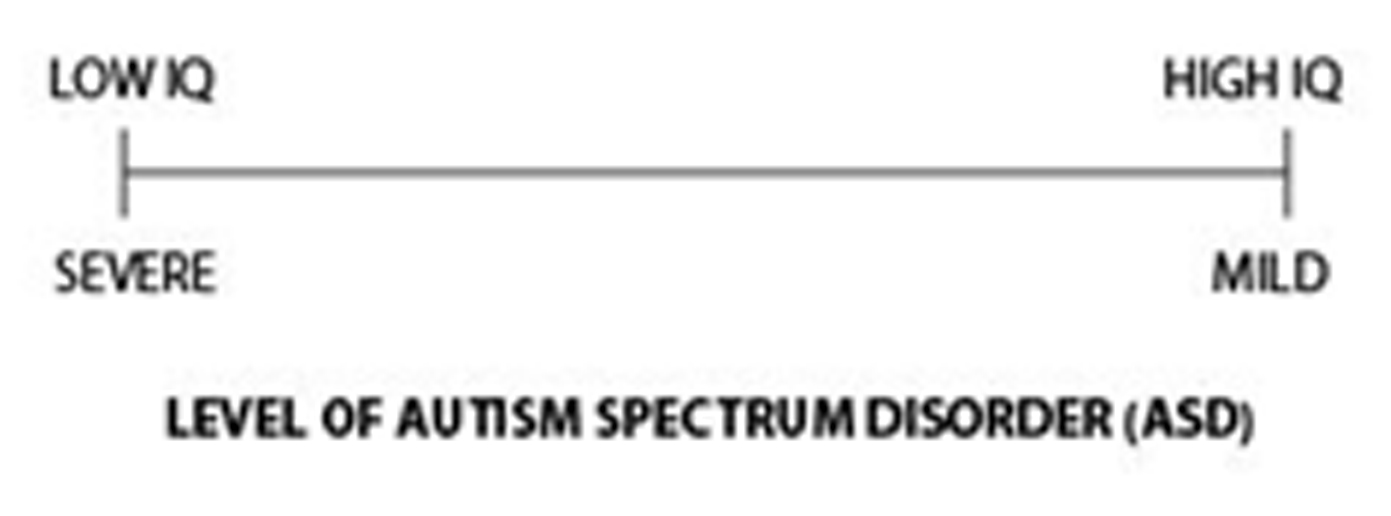
NEW YORK (Reuters Health) – Most of the kids tested in a small autism study turned out to have problems with energy production in their cells, scientists said Tuesday.
Enzymes in the energy-producing 'power plants,' or mitochondria, in their blood cells were only about a third as effective as in kids of the same age without autism.
The work adds to research hinting that damage to the mitochondria may sometimes play a role in the little-understood disorder. but it doesn't prove it.
"This is a snapshot of these children," said researcher Cecilia Giulivi of the University of California, Davis. "I don't know if it is the cause or the consequence of autism."
Autism spectrum disorders range from mild Asperger's Syndrome to severe mental retardation and social disability, and there is no cure or good treatment.
While autism has been on the rise for decades, its causes continue to elude researchers. Their best bet is that it's related to both genetic and environmental factors.
A few reports have suggested a link between autism and mitochondria gone awry.
In 2007, for instance, the U.S. vaccine court settled the case of Georgia girl Hannah Poling, who had developed autistic symptoms after receiving several vaccines over a short period of time.
While the link between vaccines and autism has been widely discredited, in Poling's case the court found the shots had worsened an underlying mitochondrial disease, which affects less than 20 in 100,000, according to some studies.
Autism is much more common, affecting about one in 100 kids, but some of its symptoms overlap with mitochondrial disease, said Giulivi.
"so we wanted to check if the majority of autistic children had mitochondrial dysfunction," she told Reuters Health.
With her colleagues, she compared mitochondrial activity and DNA between 10 California toddlers with autism and 10 without.
One autistic child met the criteria for mitochondrial disease, and most had some biochemical sign that their mitochondria weren't running at full speed. they also had some extra mitochondrial DNA, suggesting that the mitochondria were trying to make up for their lost productivity.
That could be important because the brain is one of the biggest energy hogs in the body.
Still, the researchers didn't find a consistent pattern of impairment in the autistic kids.
"can we find something that is unique to autism?" said Giulivi, whose findings appear in the Journal of the American Medical Association. "right now I would say no. we didn't find anything that could lead to new interventions or that sort of thing."
One researcher not involved in the study told Reuters Health the findings didn't change much.
"the sample is extremely small," said Dr. Salvatore DiMauro, an expert in energy metabolism at Columbia University in new York. "It suggests that in a group of patients with autism, there may be a problem with the mitochondria. but they don't prove it, they don't nail it."
"It is very likely that mutations in mitochondrial DNA could be at the root of autism, but there is still no good evidence," he said.
SOURCE: link.reuters.com/xex77q JAMA/Journal of the American Medical Association 2010.